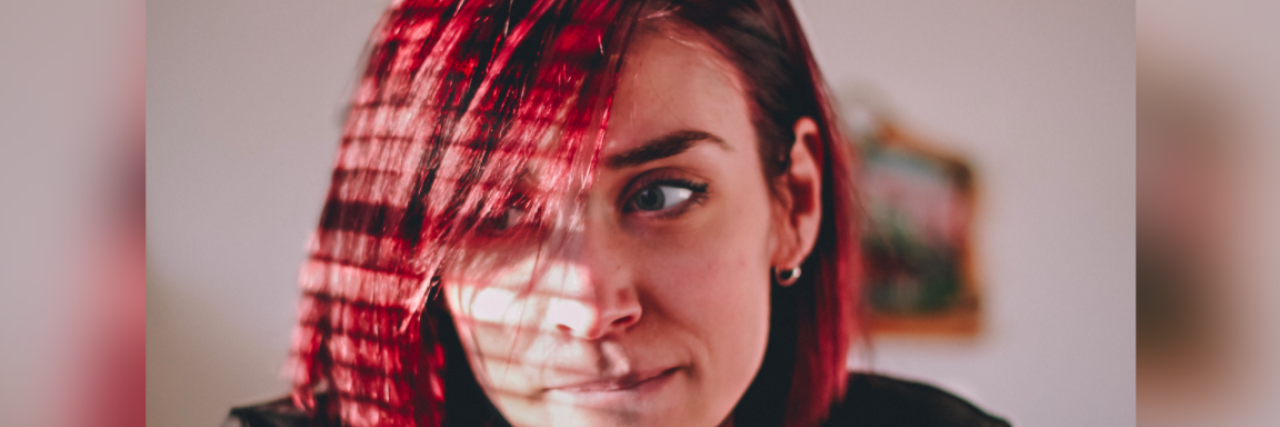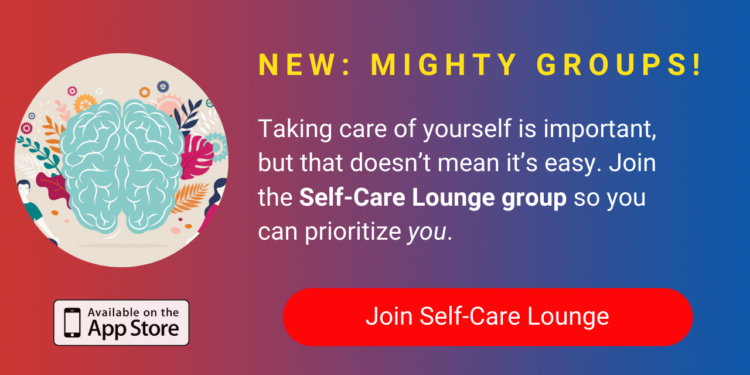I quit my full-time job early last year. At the time, I’d been working for three and a half years, with only one real two-week vacation to punctuate my hours at the screen. My last full-time gig was as a content developer for a nonprofit.
It was the sort of job, I had a sort of role, where you could work for 12 or 14 hours straight and yet not be doing anything that would be considered imperative for the organization. I was never bitter about that. I liked the work I did and loved my company. I’d been working there for a year when I decided to quit. I could have worked another year, were it not for one problem — I was ill.
The party line was I had sleep trouble. It was the easiest thing to say to a manager and a bunch of colleagues who were all kind, but none close. Sleep trouble accounted for my brain fog, the errors I made at work, the slack in my pace and my inability to pick up and complete new tasks. Sleep trouble made up for the leaves and work-from-home’s that had I’d been taking without prior notice. Sleep trouble was real enough, but not too real. Nightmares, I’d clarify, not insomnia.
I dressed my illnesses in the dark attire of fearful, senseless nightmares. I said I was seeing a somnologist, one of the most highly recommended in town. My manager asked me if perhaps I should look into a psychologist. I smiled and ensured him that she was also a qualified mental health professional and I was talking to her about stuff. He didn’t seem convinced, I don’t blame him. But there was only so much I could share with him; my mental health still felt personal.
Don’t get me wrong, I did have nightmares: they were frightening, they did eat into my REM sleep. I was seeing a sleep specialist who was also an award-winning mental healthcare provider. And for a brief while, I’d convinced myself that my trouble only ran as deep as sleep issues. But the truth is I knew better.
I’ve lived with four mental illness diagnoses over the past decade. While I’ve recovered from my eating disorder, three of the diagnoses stand, along with a still-fluctuating relationship with food.
There are months that I can go on as any another healthy person would. I can deal with or push aside minor riffs in my mental landscape and even get by a decent year or two. Sometimes, I can get by three and a half years, two jobs, two volunteering gigs and a regular side hustle as a personal essayist.
But eventually, too many triggers kick in at the same time or the chemicals imbalance, all in the wake of a heartbreak or a loss, and my brain will refuse to corporate with me any longer. The nightmares begin eating into my sleep, my brain fog starts to cloud my thinking, I become emotionally reactive or numb and I turn into less myself and more my mental illnesses.
I’m nearly 28. This has been my life ever since I can remember. I’ve had to financially rely on my folks more than I’m proud of to see me through many bad decisions I made before we knew I was ill. I’ve had to rely on them again when I decided to quit my job at the nonprofit and spend a year working on getting my brain back to being healthy. Or at least, as healthy as it can be.
I spent the first four months after leaving my job working through my trauma that had gotten tangled up in my experiences over the past few years. I spent hours and hours, hours that my friends were all working to pay their rent, straightening out the thoughts in my head that had coiled around each other in knotty, impenetrable weaves. I spent days crying, and then others just breathing. Gradually, I began to create a routine for myself to work within and grow stronger in. I meditated, exercised, ate three healthy meals a day, did laundry, washed the dishes and watered the plants at my folks’ home. I started to read books and write for myself again. Slowly, I began to freelance as a content writer.
The next few months felt promising. I was certain I was inching closer to a “normal” life, the kinds I’d been so envious to see my friends lead. I was a hop, skip and a few medical checkups away from moving out of my folks’ home, finding myself a full-time gig and rejoining the world my friends lived in! I was even just a month away from completing the first draft of my first book (that I’d managed to write the rough draft of during this period). But then something happened that I hadn’t accounted for — I had my heart broken.
I told myself heartbreak was not something that should eat into my life. I’d put everything I had in me into healing my past trauma, ironing out the mistakes I’d made and building my life up from scratch over the year. Heartbreak was silly, something I’d dealt with in far worse degrees a dozen times times before. Heartbreak was not a real problem. It was a misstep that I could undo with a quick retrace.
But my heartbreak has always been a sucker.
It sucks on every part of my life, my sense of self and my mind until I don’t know who I am any longer. I battle a personality disorder which leads to emotional dysregulation. For me, this has meant I’ve never been able to hop, skip and talk my way out of a failed romance. I crashed. Another one of my diagnoses being a mood disorder, I was triggered into depression all over again.
I spent two months barely partaking in life. I allowed myself this time because I knew there was no other way around it. But when the depressive period subsided and the chaotic thoughts relaxed, I was once again left ashamed and guilty of the way I’d allowed myself to sink.
It’s hard for me to explain to people how a mental illness can change your life. It’s impossible to describe how even one misstep can make you fall harder than fathomable when your brain is a host to multiple trying illnesses. It’s exhausting to keep reminding myself how much I can control, and how much is simply not up to me.
I am not lazy, but I’m far from perfect even without the illnesses I have. But these illnesses make me need to live a life that’s much closer to perfect than many others have the luxury to. I am compassionate with myself, but I need to be reminded over and over again that there is no clear map for the way an illness can stomp across my life. I need to be reminded to forgive myself for not remembering.
It has now been 16 months since I left my full-time job. I have a fairly successful freelance career, I finished the first draft of my book and have written over 100 essays of things I care about. I still live with my family whom I am grateful to be around during this global pandemic. My heart is healed and I’m enjoying the solitude and calm seas I’ve worked hard to create for myself.
I’m learning to make the most of whatever I have before me. I’m reminding myself that I’m here and I’m trying with my health, my life and my work, and at most times, it’s enough to do just that.
Unsplash image by Kristijan Arsov


